900LBS TO BRING SMART CITY EXPERIENCE TO LIFE FOR DALLAS INNOVATION ALLIANCE THROUGH VIRTUAL REALITY
900lbs of Creative, an innovation lab that utilizes emerging technology to create one-of-a-kind experiences, announced a strategic partnership with the Dallas Innovation Alliance (DIA) to bring the vision for Dallas’ West End District to life. The DIA is a 501C(3) Public-Private Partnership dedicated to the design and execution of a smart city strategy for Dallas, with initial efforts focused on building a living lab in the West End District of downtown Dallas.
“Innovation is at the core of what 900lbs does, as is giving back to our community, so partnering with the Dallas Innovation Alliance is a perfect fit for us,” states Steve Deitz, CEO, 900lbs of Creative. “We truly care about Dallas, its citizens, and the future of our city, and we see this as an opportunity to bring the Dallas Innovation Alliance’s vision to life using virtual reality. We are honored and excited to be collaborating with the DIA to help make Dallas the smartest city in the world.”
“The Dallas Innovation Alliance is so grateful to 900lbs for bringing its team’s talent, technology and creative vision to support the work of our organization,” stated Jennifer Sanders, Executive Director, Dallas Innovation Alliance. “Supportive community partnerships and investment that draw upon the vast talent within Dallas’ ecosystem is an essential catalyst that helps ensure that today’s vision becomes tomorrow’s reality for Dallas. We can’t wait to share the fruits of this collaboration with the community while highlighting the work of an innovative, homegrown Dallas company.”
Inspiring organizations to innovate, 900lbs’ projects span from projection mapping, and touch screen displays, to racing a T-Rex, and joining Tony Hawk on the halfpipe in 360 degree virtual reality. Clients include Activision, Bank of America, Boy Scouts of America, Dallas Cowboys, Dallas Museum of Art, Frito Lay, Pepsico, the Perot Museum of Nature and Science, Shell Oil Company, ZTE, and many others. The company plans to utilize their expertise in helping Dallas become the smartest and safest city in the world.
About 900lbs of Creative
To brands seeking to stand out from the crowd, 900lbs of Creative is an innovation lab and marketing studio that utilizes emerging technology to create one-of-a-kind wow experiences. The team is a collective of experiential designers, interactive artists and visual content developers who continually test new technologies and bring experience design to life through a variety of services including: interactive installations, exhibits, UI/UX design, visual content, virtual reality, and augmented reality. 900lbs is on a mission to inform, educate, and entertain the world through technology. For more information, visit www.900lbs.com.
About the Dallas Innovation Alliance
The Dallas Innovation Alliance (DIA) is a public-private partnership dedicated to the execution of a smart cities plan for the City of Dallas, defined as a city where social and technological solutions facilitate sustainable economic growth, resource efficiency, and importantly, improves the quality of life in the city for its citizens. DIA’s overarching goal is to elevate Dallas as a city that is not only prepared for – but a driving force in shaping – the future of cities, and providing opportunities for prosperity for its citizens. Its mission is to develop a scalable smart cities model for the City of Dallas that leverages the region’s distinctive strengths and leaves a legacy of innovation, sustainability and collaboration for future generations. For more information please visit www.DallasInnovationAlliance.com.





